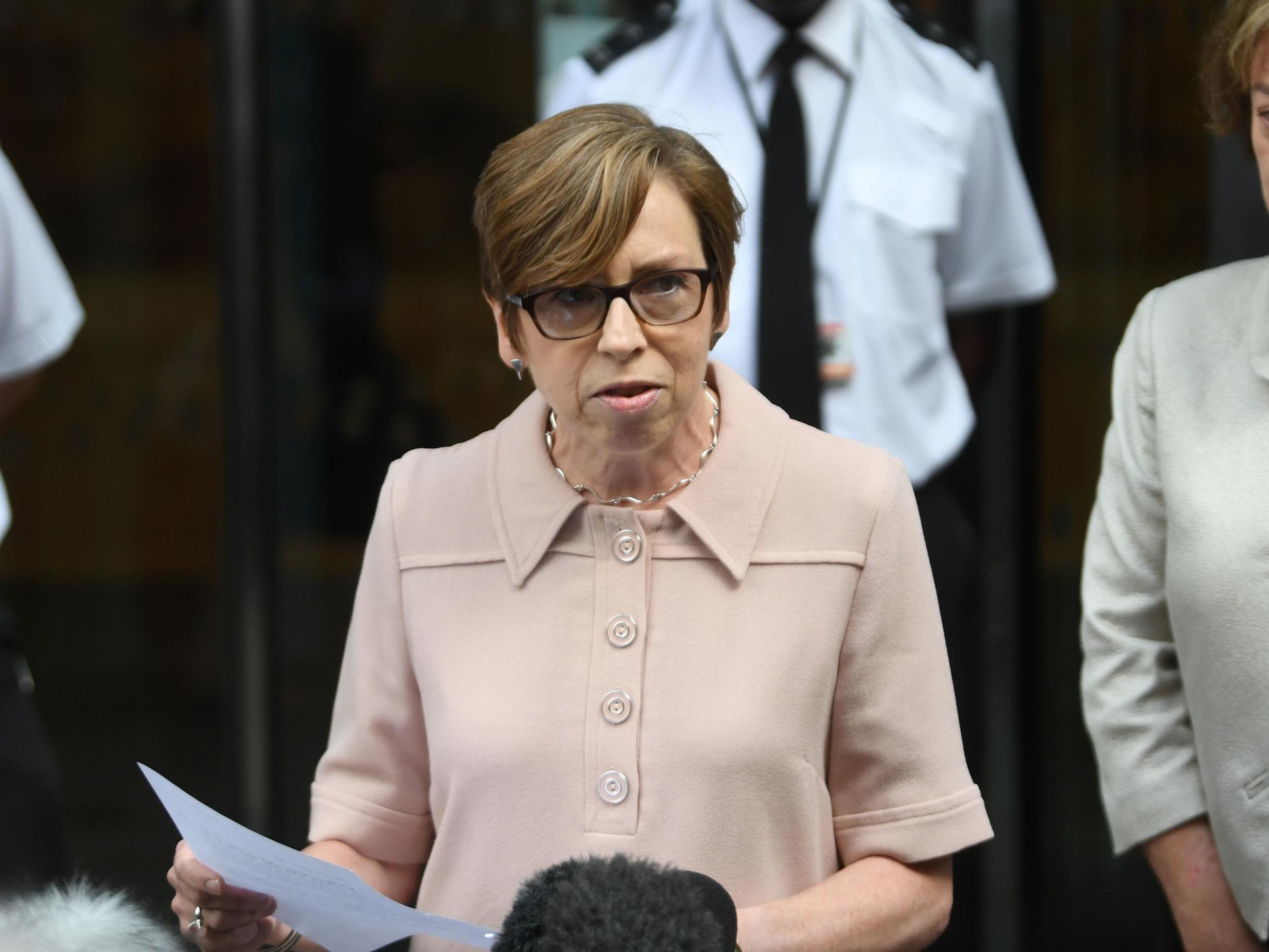BBC tells staff not to tweet 'private' views after presenters speak out on LGBT+ debate row
Employees have criticised Question Time’s decision to debate whether it was ‘morally right’ for children to be taught about same-sex relationships

Your support helps us to tell the story
From reproductive rights to climate change to Big Tech, The Independent is on the ground when the story is developing. Whether it's investigating the financials of Elon Musk's pro-Trump PAC or producing our latest documentary, 'The A Word', which shines a light on the American women fighting for reproductive rights, we know how important it is to parse out the facts from the messaging.
At such a critical moment in US history, we need reporters on the ground. Your donation allows us to keep sending journalists to speak to both sides of the story.
The Independent is trusted by Americans across the entire political spectrum. And unlike many other quality news outlets, we choose not to lock Americans out of our reporting and analysis with paywalls. We believe quality journalism should be available to everyone, paid for by those who can afford it.
Your support makes all the difference.BBC staff will face “appropriate” disciplinary action if they share personal views on politics – or other controversial subjects – on social media, the corporation's head of news has warned them in an email.
The threat is believed to follow the outcry over a decision by Question Time to debate whether it was “morally right” for five-year-old children to learn about LGBT+ issues in school – sparking an angry reaction from several senior BBC employees on Twitter.
BBC Breakfast presenter Ben Thompson tweeted: “LGBT “issues”? Like what? That we exist? One of them, RIGHT HERE, is on your TV every morning … Would you ask if it’s “morally right” to learn about gender/race/religion/disability “issues”?"
Sue Perkins, who continues to front BBC television and radio programmes, also tweeted about the issue.
She wrote: “The framing of this question is deeply worrying. Are we really here again, nearly two decades after Section 28 was repealed...?”
Fran Unsworth, director of news, has since emailed employees to tell them: “We all have our personal views, but it is part of our role with the BBC to keep those views private. Our Editorial Guidelines say BBC staff must not “advocate any particular position on a matter of public policy, political or industrial controversy, or any other ‘controversial subject’”.
“That applies to all comments in the public domain, including on social media,” Ms Unsworth added. “There is no real distinction between personal and official social media accounts.”
She also warned staff of the corporation’s “renewed focus on impartiality” in a divisive age.
“We are living in a period of highly polarised opinions on a range of subjects and the BBC frequently faces criticism for the way we report and analyse events, with our impartiality called into question," she said.
The BBC News press team also tweeted out the staff letter about social media use.
Despite calls from LGBT campaigners for the BBC to apologise for the question debated on its flagship current affairs show, the corporation has not done so.
Last month a small group of Birmingham primary school parents protested against lessons on same-sex relationships after MPs voted in favour of a compulsory LGBT+ inclusive curriculum in English schools.
Join our commenting forum
Join thought-provoking conversations, follow other Independent readers and see their replies
0Comments